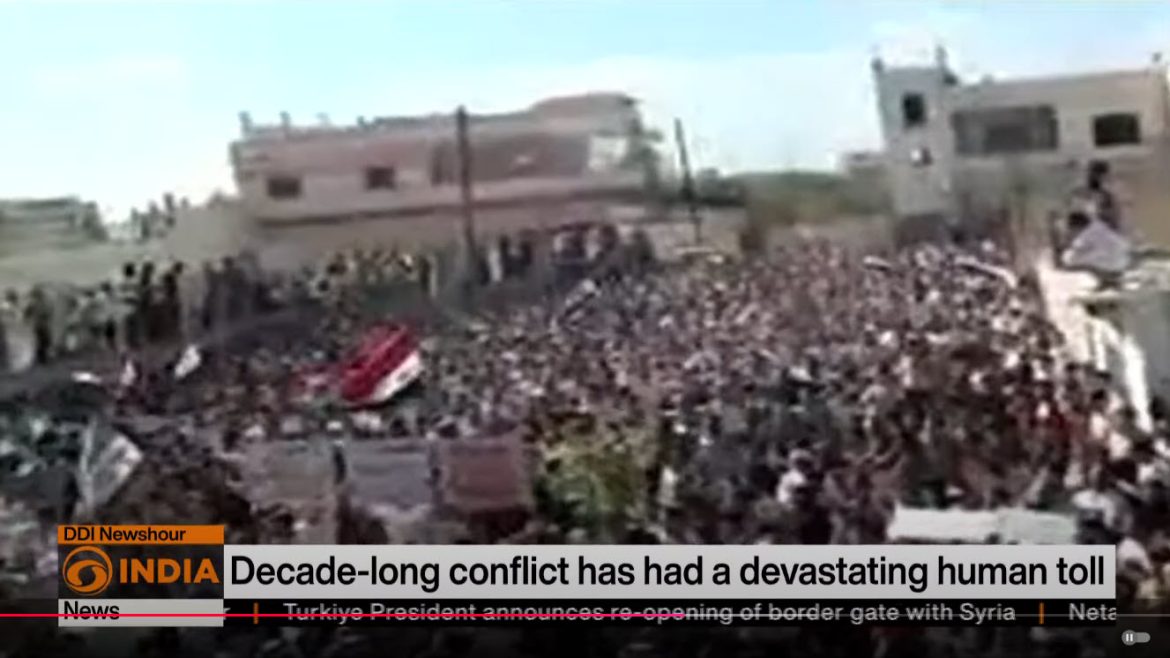The collapse of Bashar al-Assad’s regime in Syria has sent shockwaves across the region, marking the end of an era and the beginning of a complex and uncertain future for the war-torn country. Assad, who once ruled with an iron grip, fled to Russia alongside key members of his family after facing mounting opposition and a complete erosion of power.
In the wake of Assad’s departure, questions abound about who will lead Syria and how the power vacuum will affect regional stability. Rebel factions, tribal leaders, and international coalitions are vying for control, with no clear path forward. The abandoned presidential palace in Damascus, a stark reminder of Assad’s fall, now stands as a symbol of the regime’s decline.
The ripple effects of Assad’s collapse extend far beyond Syria. Analysts suggest that this event could trigger a chain reaction across the Middle East, potentially destabilizing authoritarian regimes like that of Iran. Syrian opposition groups and international observers are closely monitoring developments, as the fall of Assad’s government has emboldened anti-regime movements in Tehran and other parts of the region.
Israel has conducted dozens of airstrikes across Syria in recent days, targeting weapons caches to prevent advanced armaments from falling into the hands of extremist groups. The strikes are part of a broader effort to ensure that the post-Assad chaos does not lead to a resurgence of dangerous factions capable of threatening regional security.
Meanwhile, Syrians are grappling with the grim legacy of Assad’s rule. Families are desperately searching notorious prisons like Saydnaya for loved ones who disappeared during the regime’s reign of terror. Human rights organizations have exposed the extent of atrocities committed under Assad, including widespread torture, chemical attacks, and extrajudicial killings.
The United Nations’ chemical watchdog has urged Syrian authorities to prioritize the safety and security of chemical weapons stockpiles. Ensuring that these materials do not fall into the wrong hands is a top concern for both regional and global powers.
In Washington, White House National Security Council spokesperson John Kirby has emphasized the United States’ commitment to stabilizing Syria and supporting efforts to rebuild the nation. However, he acknowledges the immense challenges ahead, given the fractured nature of Syria’s political and social fabric.
The Assad family’s flight to Russia has also brought renewed scrutiny of their wealth and connections. Investigative reports reveal that they left behind a nation in ruins, while maintaining access to substantial assets abroad. This has intensified calls for accountability and justice for the countless Syrians who suffered under their rule.
As Syria transitions into a post-Assad reality, its future remains uncertain. The international community faces a delicate balancing act, striving to foster stability while addressing the complex humanitarian and political crises left in the wake of Assad’s downfall.



